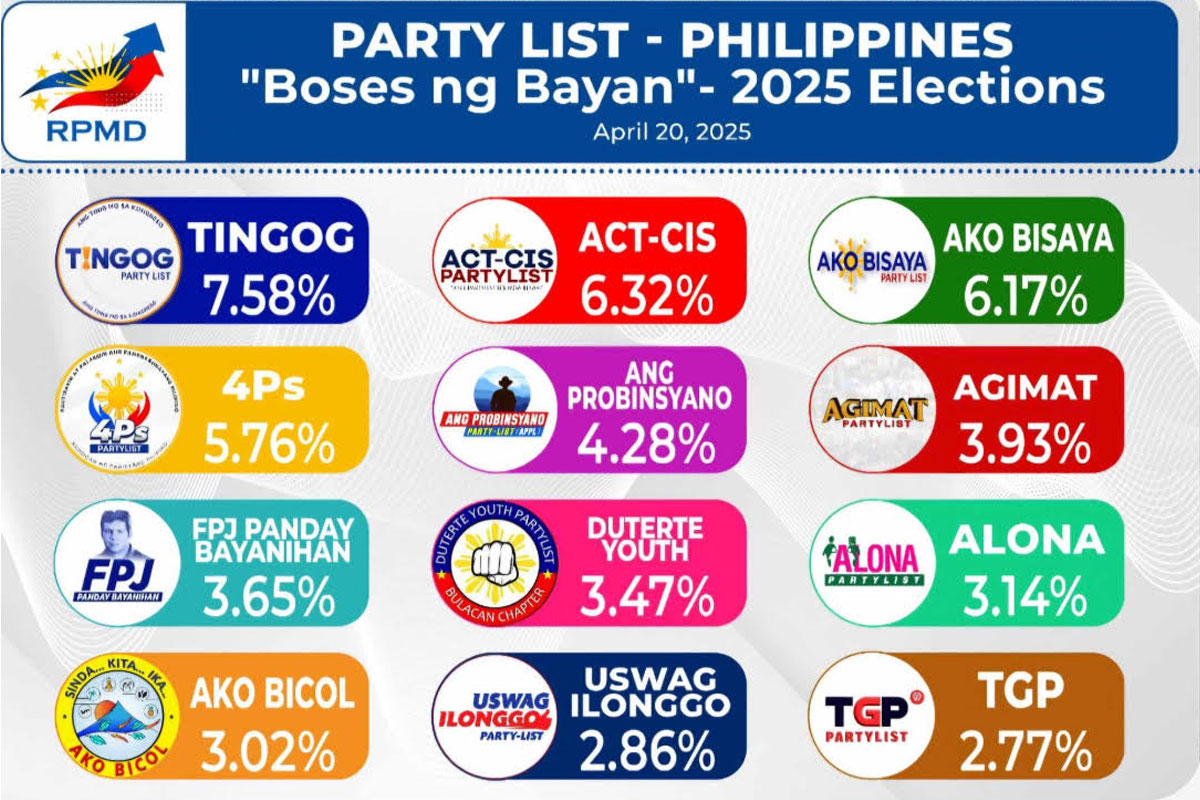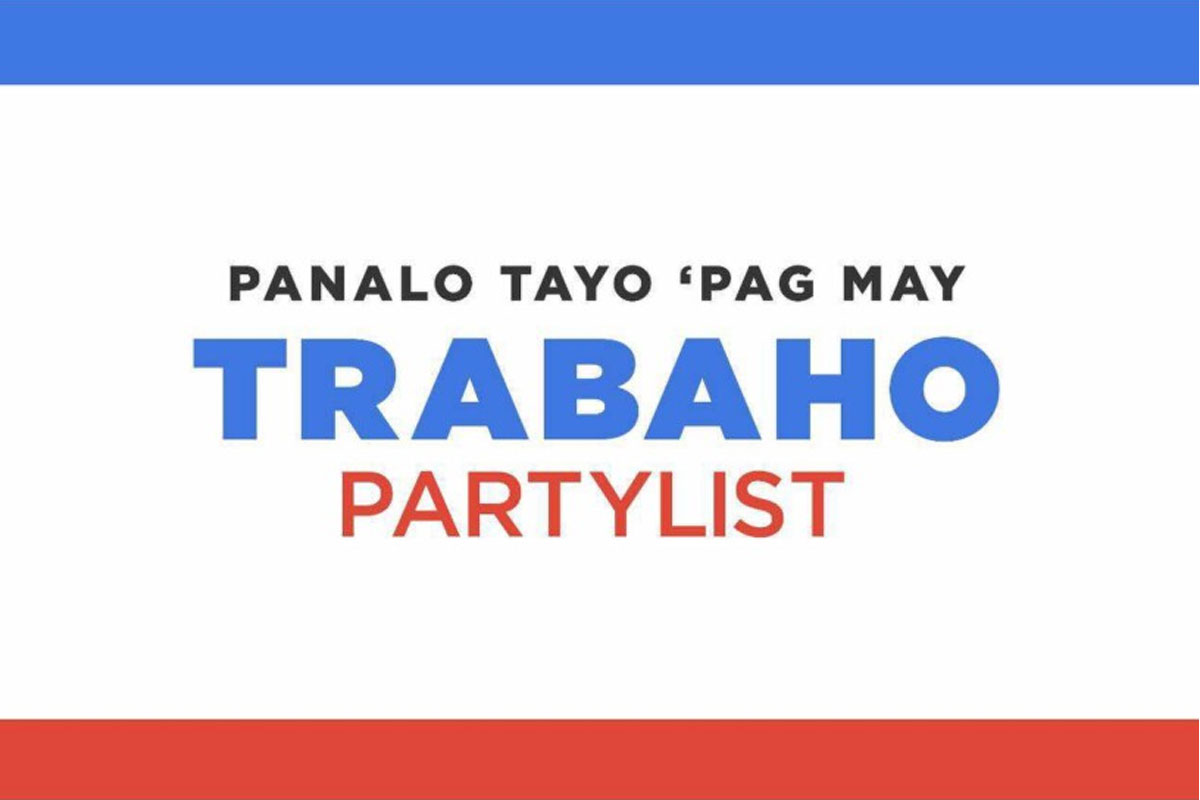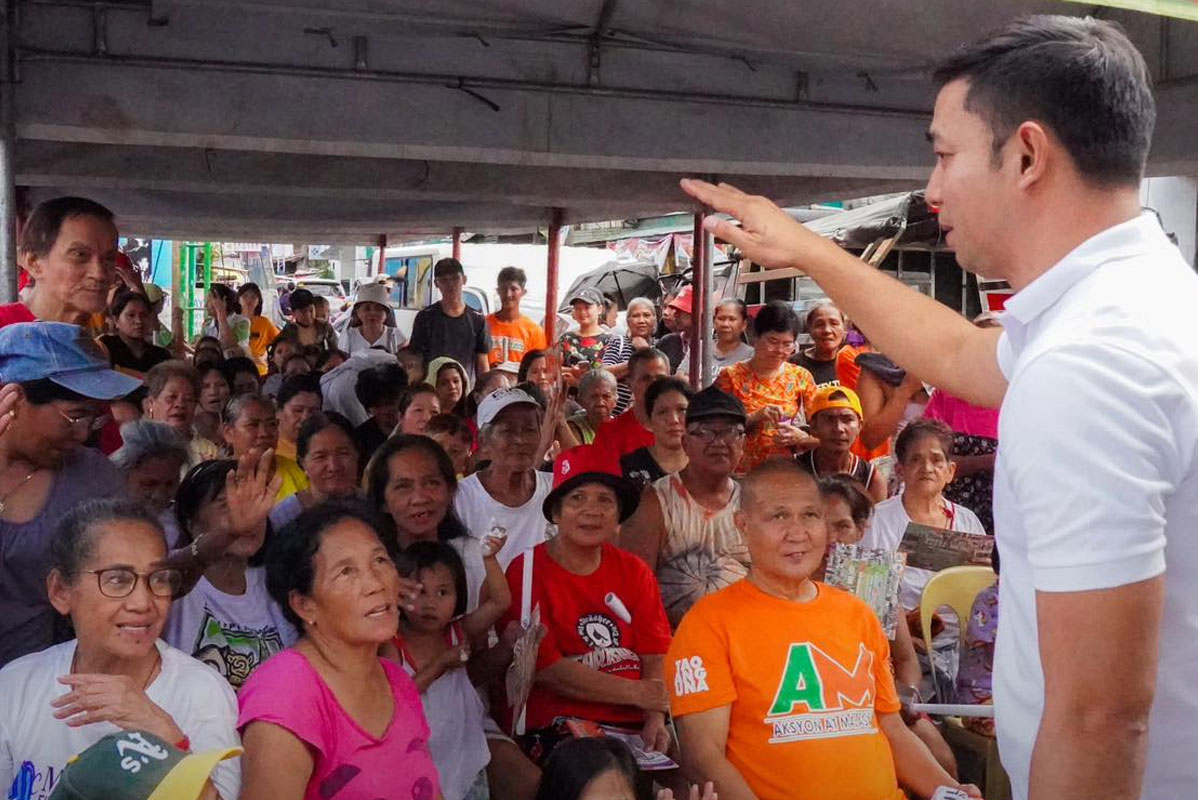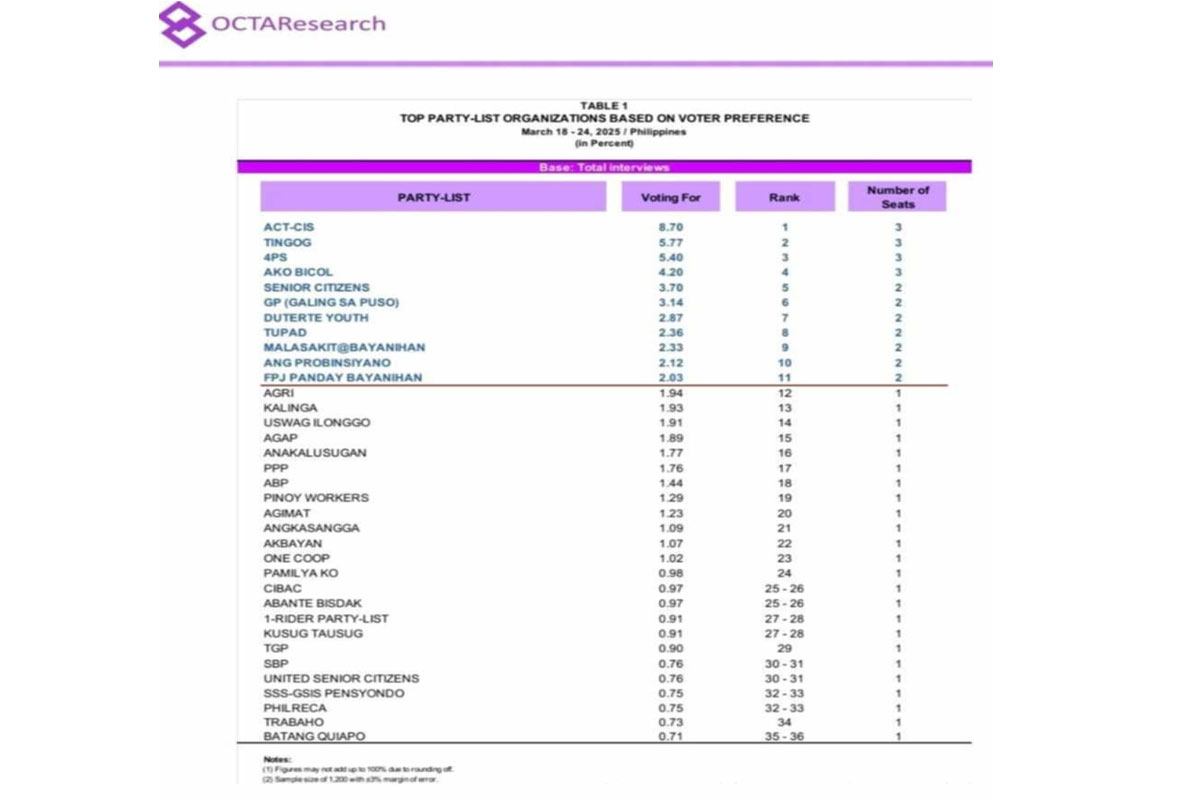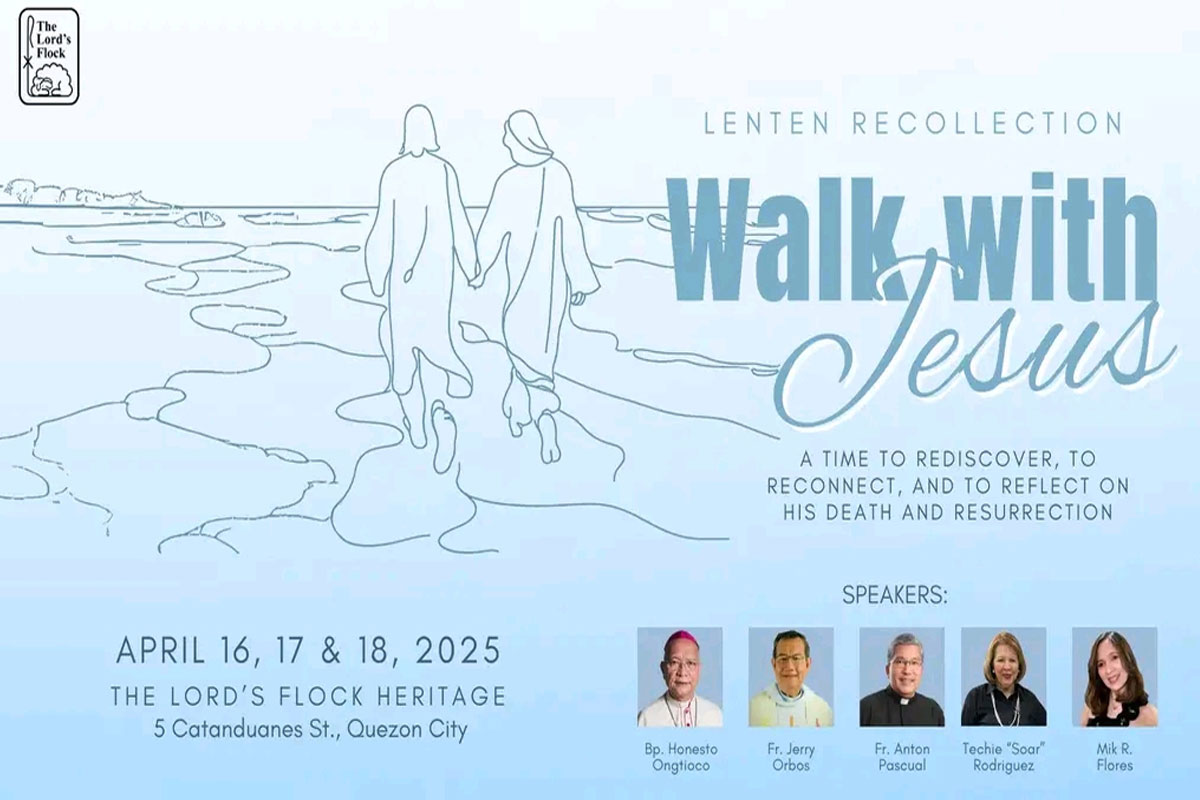
Financial institutions urged to advance sustainability
CIVIL society and church-led campaign Withdraw from Coal (WFC) unveiled in a report published Tuesday an April 2021 update of its Coal Divestment Scorecard, a tool developed by WFC to help Philippine banks and their stakeholders assess their exposure to coal and the accompanying risks and impacts of financing it, ahead of this year’s Earth Day and the Annual Stockholders Meetings of institutions found to be financing coal in the Philippines in the last decade.
According to WFC, this April 2021 scorecard is an invitation to Philippine institutions for continued engagement with their stakeholders to advance sustainability and climate ambitions and an encouragement to seize opportunities to “fast-track the country’s energy transition.”
“We are now more aware that by funding coal, you are placing the money of your investors at risk. Globally, hundreds of financial institutions are already restricting their coal financing or declaring that they are putting an end to it. From Europe to America, Africa to Australia and East Asia, tens and hundreds of the biggest financial institutions are already declaring coal extraction and power generation to be a thing of the past. As more communities, institutions, and even governments say no to coal, and as climate and environmental regulation on coal tightens, any coal project you still opt to invest in today can only mean trouble in the immediate future.”
“We urge you to stop financing destructive energy from coal. The Philippines is teeming with clean and affordable sources of renewable power that are just waiting to be tapped. By closing coal’s money pipeline and moving over to investing fully in clean power, we believe you can open the door to a sustainable future for all Filipinos, and influence all others to follow suit.” a statement addressed to institutions funding the coal industry signed by over a hundred civil society and Church institutions and representatives, local government members, and organizations from coal-affected communities.


